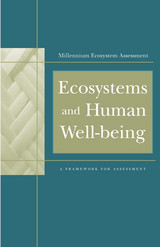
Ecosystems and Human Well-being is the first product of the Millennium Ecosystem Assessment (MA), a four-year international work program designed to meet the needs of decision-makers for scientific information on the links between ecosystem change and human well-being. The Millennium Ecosystem Assessment is modeled on the Intergovernmental Panel on Climate Change (IPCC) and will provide information requested by governments, through four international conventions, as well as meeting needs within the private sector and civil society. Ecosystems and Human Well-being offers an overview of the assessment, describing the conceptual framework that is being used, defining its scope and providing a baseline of understanding that all participants need to move forward.
The Millennium Ecosystem Assessment focuses on how humans have altered ecosystems, and how changes in ecosystems have affected human well-being. The assessment also evaluates how ecosystem changes may affect people in future decades and what responses can be adopted at local, national, or global scales to improve ecosystem management and thereby contribute to human well-being and poverty alleviation. The assessment was launched by United Nations Secretary-General Kofi Annan in June 2001, and the primary assessment reports will be released by Island Press in 2005.
The Millennium Ecosystem Assessment series is an invaluable new resource for professionals and policy-makers concerned with international development, environmental science, environmental policy, and related fields. It will help both in choosing among existing options and in identifying new approaches for achieving integrated management of land, water, and living resources while strengthening regional, national, and local capacities. The Millennium Ecosystem Assessment series will also improve policy and decision-making at all levels by increasing collaboration between natural and social scientists, and between scientists and policy-makers. Ecosystems and Human Well-being is an essential introduction to the program.
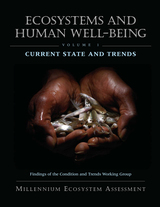
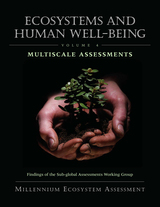
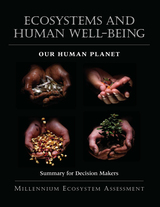
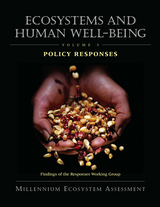
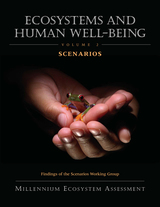
READERS
Browse our collection.
PUBLISHERS
See BiblioVault's publisher services.
STUDENT SERVICES
Files for college accessibility offices.
UChicago Accessibility Resources
home | accessibility | search | about | contact us
BiblioVault ® 2001 - 2024
The University of Chicago Press









